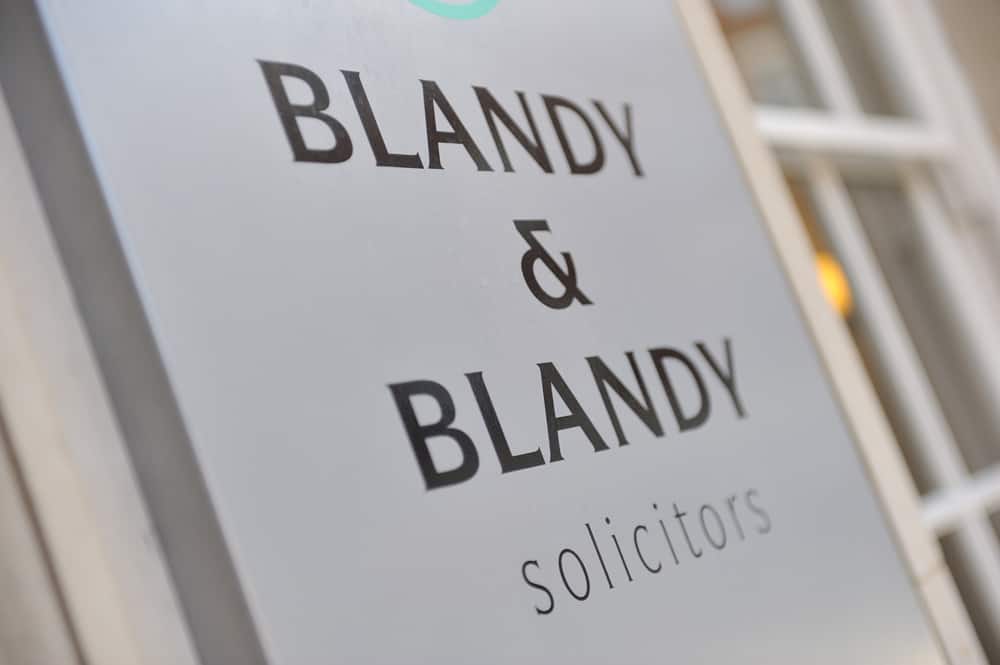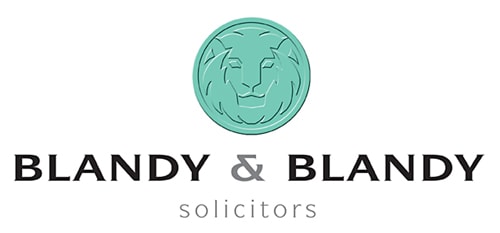To gift or to loan – taxing question for families

Solicitor Daniel McGurk, in leading Thames Valley law firm Blandy & Blandy’s wills, probate, tax and trusts team, looks at the practical and tax implications of grandparents or parents gifting or loaning funds to younger family members, including when purchasing property.
It is becoming increasingly common for parents and grandparents to help younger generations with a property purchase, whether they are first-time buyers seeking to get a foot on the property ladder or perhaps looking to upsize due to a growing family.
When helping out younger members of your family by providing a lump sum to assist with purchasing a property, you can choose to transfer that lump sum by way of a gift or a loan. Each has their own set of benefits and drawbacks, which are important to consider before moving forward with any transfer.
Making a gift of a house deposit
Where a gift is made to a family member who is purchasing a property as one half of a couple, and that couple later separates, the original gift may end up being split as part of the sale. It is therefore important to consider alternative ways of making the gift, such as via a Declaration of Trust or with a Cohabitation Agreement in place, to enable family to retain the original gift in the event of a split.
While a gift would typically be an effective measure to reduce a potential Inheritance Tax (IHT) liability, providing that it is survived by seven years, you need to be careful that the gift or property is not used in such a way that it regarded as a “Gift with a Reservation of Benefit” (GROB). Where a gift is a GROB, the amount is still subject to assessment for IHT on the death of the donor, even after the seven years have passed.
When it is made, the gift is absolute. There is no going back on it, or reclaiming the value at a later date. Once the gift is made, you no longer have control over how those funds are used, even if they never end up being used as a property deposit.
Making a loan of a house deposit
When a loan is made, it is preferable if the terms of the loan are written down. While it may not seem relevant now, discussions around repayments, interest and the term of the loan may come up in the future. It’s better to tackle this in advance and set up a definitive loan agreement that answers these questions.
A loan may impact on the borrower’s ability to secure a mortgage. Not only might it impact negatively on an affordability assessment, but a lot of mortgage providers are not keen on you securing the loan against the property, even as a second charge. It may be that the loan has to be made on an unsecured basis.
A loan will protect the sum from passing to a partner in a split. Where the loan is made to both parties in a couple, it will be for both of them to repay the loan in the event of a split and resulting property sale, meaning that the funds stay "in the family". There is still no control over what the loan funds are used for, but you will always have the right to reclaim them.
However, a loan is not an effective measure of controlling any Inheritance Tax liability. The value of the loan will remain as part of the estate as an asset. If the loan is ever forgiven it will, at the point of forgiveness and not before, count as a gift instead.
Jointly owning property between generations
Rather than making an outright gift, you may also consider purchasing the property as a joint owner along with a younger family member. This allows the donor to effect a high level of control over the property as a beneficial owner. You may also consider updating your Will at this point, as an additional asset enters your estate, as well as creating Lasting Powers of Attorney (LPAs) in case you lose capacity in the future and the property needs to be sold at a stage when you are unable to provide consent.
Jointly owning the property may affect the ability to mortgage the property as the mortgage provider will expect all parties owning the property to be named on the mortgage itself. As before, it may be best to structure such an arrangement with a Declaration of Trust, to ensure that the property is held as you intend.
It is also not a tax efficient solution. If the property is your second property, it will count as an investment rather than a residence, and any profits of sale will be assessable for Capital Gains Tax (CGT). Only those living there may get the Principal Private Residence Relief (PPR) relief from this tax charge. There may also be an increased rate of Stamp Duty Land Tax (SDLT) to pay on the purchase of a second property. The asset will remain as part of your estate upon your death as well, meaning that the value of the property may be subject to Inheritance Tax.
Gift with a Reservation of Benefit
These types of transfers are when a gift is made but the donor of the gift still retains an interest in the original gift. The gift will not be regarded as effective for the purposes of removing the asset from your estate, and so will be assessable for Inheritance Tax in the future. A common example is gifting your property to your child, but continuing to live there rent free, thus continuing to "benefit" from the property.
It is not possible to make a GROB where the sum given to a family member is by way of a loan, as no outright gift has occurred. This is instead covered by the value of the loan staying in the donor’s estate as an asset, and being assessable for IHT.
Where it is possible to divest of a GROB fully, no longer reserving the original benefit, you instead make a gift at that point. It must be survived by seven years to be effective for IHT purposes, as usual.















